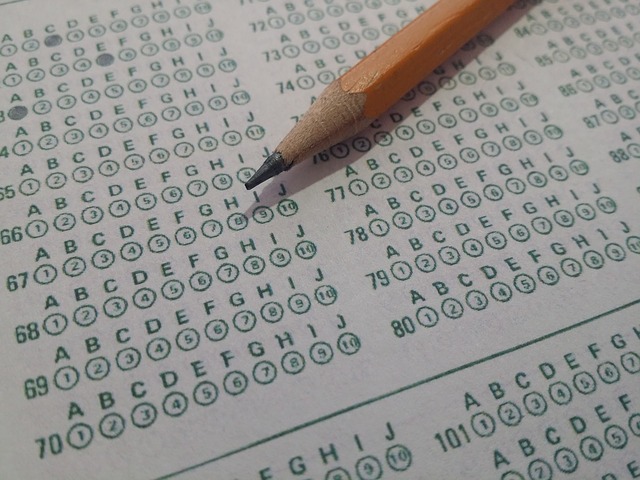The Art of Standardized Test Taking

The standardized test seems to be the bane of most students’ existence. Whether you’re in elementary school or trying to get into law school, there seems to be a standardized test hanging over your head. These tests are intimidating, known only by their initials, cold and uncaring guards barring the entrance to your future.
Yet these standardized tests don’t have to terrorize you. I’ve worked with students for ten years on tests ranging from the regents to college admissions tests to tests for specific fields. As a teacher, I’ve also designed tests myself and written curriculum designed to judge students’ skills and timing capabilities. What I know is this: all tests can be prepared for, and one way to prepare is to figure out how tests want to get in your head. There are two key ways tests do this:
- Making you feel like your intelligence is being judged
- Making you feel like you’re in a high pressure situation
Let’s tackle that first item: standardized tests do not measure your intelligence. No, really, they don’t. I know you’re saying the smartest person you know scored perfectly on their SAT, but there are plenty of smart folks who struggle. Even an IQ test doesn’t evaluate intelligence in a comprehensive way. Standardized tests look at your knowledge of a subject through the lens of time management, retention, and critical thinking. In fact, most standards tests are very upfront about the fact that they’re not judging someone’s intelligence. So, now that you know your smarts aren’t being judged, it’s easier to be a little less hard on yourself if you’re struggling.
Now let’s talk about that second point. What standardized tests do aim to do is test you in a controlled, timed setting designed to cause significant pressure. Once you know this is their goal, you’re already ahead of the game. I can’t tell you how many students have admitted to me that they’re nervous while taking the SAT or ACT, whispering it to me like it’s an embarrassment.
“Of course you’re nervous,” I tell them. “So is everyone else in that room even if they don’t want to admit it.”
Anxiety is one of the main weapons standardized tests have. I think it’s because they’re so impersonal. It’s not like taking a test for school, one where you know your teacher wrote it up the night before. Here, the standardized test comes from elsewhere, designed by people you don’t know and who don’t know you. In a way, this makes for a much fairer test. On the flip side, it can also seem unknowable, like a new teacher taking over halfway through the school year.
At the end of the day, though, standardized tests don’t need to cause the anxiety that they do. Most of them can be taken more than once, something that you can’t say for a final or a midterm in school. I’ve worked with students on all different grade levels who’ve taken standardized tests a couple of times before being happy. They are no worse off than those who take one once and wrap up. Even in cases where a student only has one shot, I find that forearming them with the knowledge that tests like to provoke anxiety makes them feel more comfortable. Does it mean they go in feeling fine? No, but it does mean they’re less likely to judge themselves and their emotions.
All standardized tests have tips and tricks, but if there was just one idea I could give to a student about to take a test, it would be this: anxiety on these tests is normal and you should not judge yourself for it. Once a student internalizes that concept, the nerves begin to fade.


